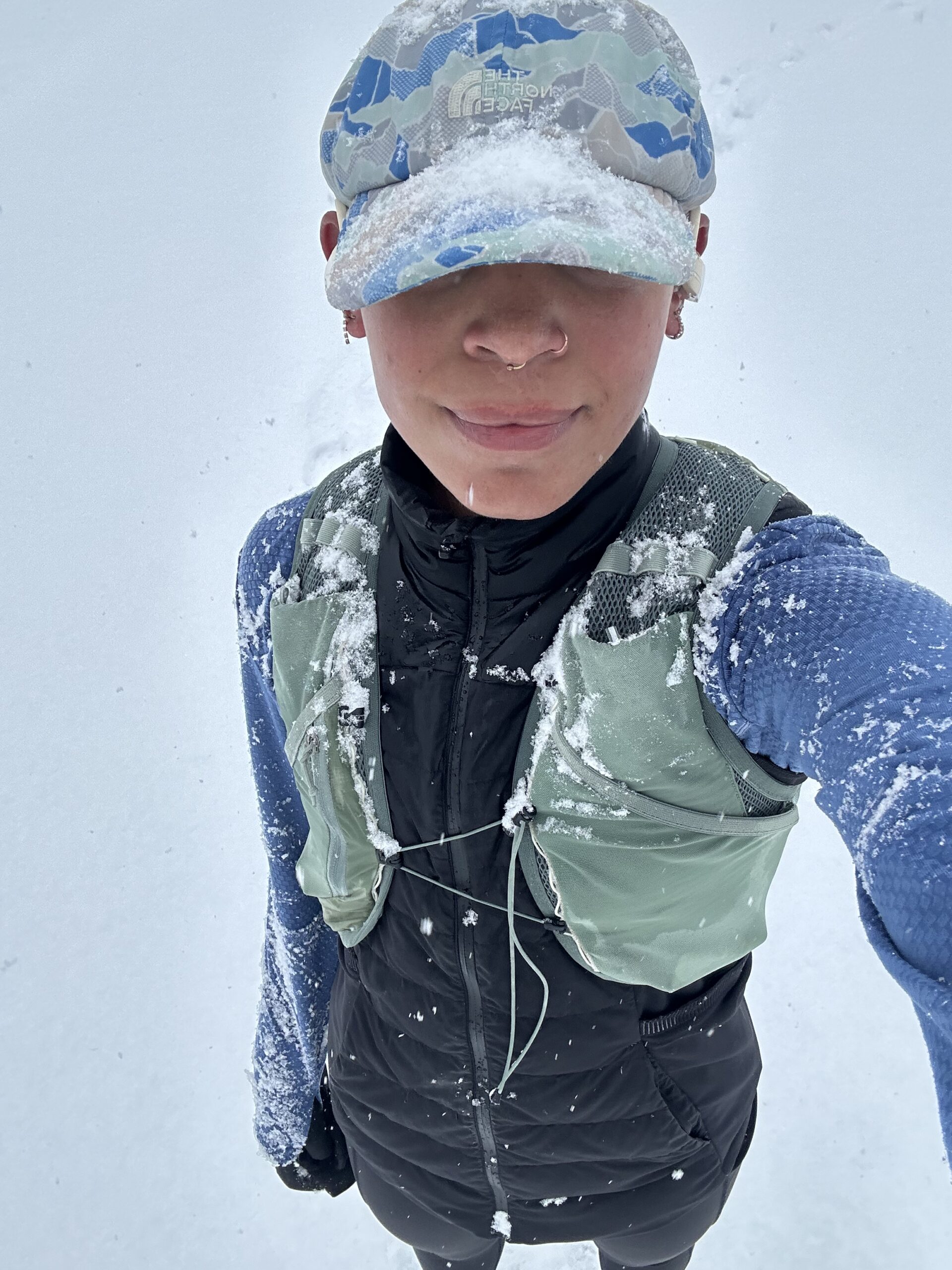As a competitive perfectionist, I deem failure as the worst thing that can happen. In ultra-running, the race isn’t against those around you, rather an internal battle with your own psychology and physiology. For these reasons, I thought abandoning a race was the worst thing that could happen- that was until I found out it was my greatest lesson.
My first ultramarathon in Vermont didn’t simply test my limits; it shattered me physically, mentally, and almost emotionally. I’ll paint you a picture. The day started off beautiful. The ideal running weather of mid-fifties and slightly sunny skies set a notion that success was in the air. Unfortunately, as the clock ticked throughout the race, an entirely different environment set in. The brilliant sun became engulfed by clouds and freezing rain pricked my skin like 1000 needles. The seemingly simple course was a realistic maze that caused me to get lost and backtrack, adding almost six miles to my 31 mile race. Determined to finish even as the temperatures continued to drop below freezing, I pushed forward, but soon my body began shutting down. After a mysterious lengthy time on my third loop around the course, my friends began searching for me. What they found was a hypothermic and disoriented runner trying to will her legs to push forward. They couldn’t, and I had no choice but to accept a “did not finish” (DNF) for my first ultramarathon. Words cannot describe how devastating the concept was to me at the time.
Days and weeks were filled with constant replays of my failure over and over again; I tried to dissect every detail to determine where I went wrong. While the vicious feeling of ineptitude could have broken my confidence, it didn’t. Instead, it was used as a fuel in an all-consuming fire. Two months later, and a hell of a lot stronger, I went back and ran the course again-alone. I refused to let the trails beat me.
The experience changed how I approached running, but more importantly “failure”. While I refined my race strategies, spent more time building muscle, and trained in unpredictable weather (running in a blizzard can be fun if you tell yourself enough times), I grasped that an unsuccessful act only constitutes failure if you relinquish the ability to rise again.
As I built wisdom and increased my distances, I looked toward a greater triumph: my first international race in unforgiving terrain and straining elevation all within a longer distance. This time, I ran not only hard, but smart. I stuck to my race plan, listened to my body, and accomplished a negative-split result, meaning I ran faster the longer I was in the mountains. Every lesson from my failed first ultra attempt echoed in my head, reminding me to trust myself, trust my training, and adapt to whatever challenges that may arise. It paid off, and I realized that I grew not only as a runner, but on my own personal journey of a disciplined and determined identity.
A year later, with countless more training hours and even more learned-experiences behind me, I toed the start line again- this time, crossing the finish first. From a DNF to a win, my journey was never about talent or physical strength; it was about learning from a devastating failure and emerging more resilient than ever. All this is to say, don’t let what you deem as a “failure” define you. Let them push you to limits of which you can merely dream.

